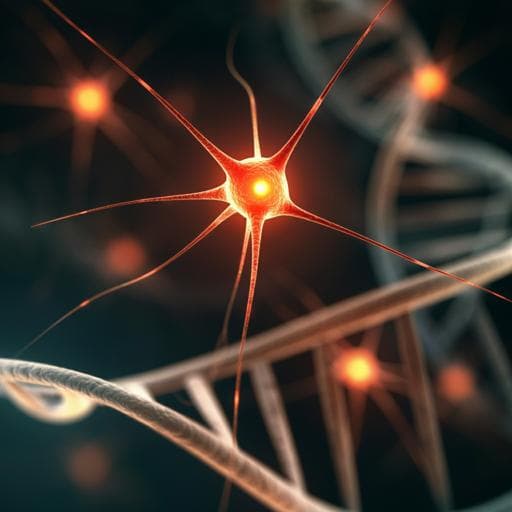
Psychology
Fear memory regulation by the cAMP signaling pathway as an index of reexperiencing symptoms in posttraumatic stress disorder
H. Hori, H. Fukushima, et al.
This groundbreaking study reveals the intricate connection between cAMP signaling and PTSD reexperiencing symptoms. Researchers demonstrate that enhanced cAMP signaling contributes to fear memory retrieval and persistence, linking lower PDE4B mRNA levels with severe reexperiencing symptoms in both PTSD patients and mice. Conducted by an expert team including Hiroaki Hori and colleagues, these insights could pave the way for new treatments in PTSD.
Related Publications
Explore these studies to deepen your understanding of the subject.







